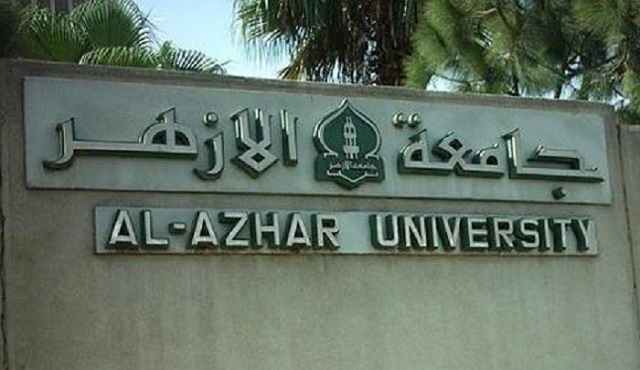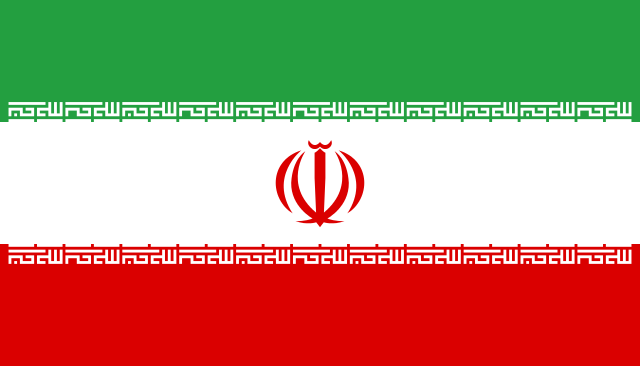Al-Azhar says Sharia forbids joining Muslim Brotherhood, accuses it of ‘immorality, aggression and terrorism’

Entities all over the Muslim world has been cracking down on the Muslim Brotherhood, all while the Brotherhood and its affiliates expand their influence throughout the West. The highly publicized Holy Land foundation trial – the largest terrorism financing trial in the history of the United States — exposed an extensive list of Brotherhood operatives in America, as well as offshoots in Canada. Saudi Arabia, Egypt, the UAE, Russia, Bahrain and Syria have all banned the Muslim Brotherhood and designated it a terrorist group. The U.S., Canada, and the EU need to do the same. Labeling groups which are connected to Hamas as “unindicted co-conspirators” isn’t enough. Take, for instance, the Canadian government of the former Conservative Prime Minister Stephen Harper. It declared IRFAN-Canada (Islamic Relief) a terrorist entity for funding Hamas. Senator Ted Cruz (R-Texas) recently reintroduced the Muslim Brotherhood Terrorist Designation Act, and explained that he believes it will “advance America’s fight against radical Islamic terrorism.” He’s right.
Last week, in a telling move, Sheikh Abdallah Bin Bayyah, the head of the UAE fatwa council, withdrew from the speaker list at the Reviving the Islamic Spirit mega-conference in Toronto because it featured MB-linked groups.
“Al-Azhar decrees prohibition of joining Muslim Brotherhood,” by Mohammed Abu Zaid, Arab News, December 21, 2020:
CAIRO: Al-Azhar Fatwa Global Center has said that joining the Muslim Brotherhood and other terrorist groups is forbidden according to Shariah and that God has forbidden division and disagreement.
The Egyptian newspaper Al-Watan quoted Al-Azhar as saying in its announcement that God forbids people from pursuing any path that distracts them from following the truth, explaining that keeping to the Qur’an and the Sunnah, in accordance with Shariah, was the only way to please God.
“It is clear to the public what these groups have done in distorting some texts, cutting them out of their context, and using them to achieve personal goals or interests and corrupting the land,” the center said in the fatwa.
“Membership in these extremist groups is considered forbidden by Shariah.”
“Joining the terrorist Brotherhood is forbidden by law [and is considered] cooperating in immorality and aggression, for that group violates the law of God and is involved in terrorism,” said Abdullah Al-Najjar, a member of the Islamic Research Academy.
Hussein Al-Qadi, a researcher in religious affairs and Islamic movements, said that the fatwa is the first of its kind in the history of Al-Azhar.
“This fatwa has never been issued from Al-Azhar before. Various statements were issued by Al-Azhar describing the Brotherhood as being outdated. In fact, Imam Muhammad Mustafa Al-Maraghi, reformer and rector of Al-Azhar, demanded the dissolution of the Brotherhood,” Al-Qadi said….
RELATED ARTICLES:
My Interview About A Visual Koran I Drew Was ‘Too Controversial’ to Publish? You Be the Judge
UK: 37 probes into child sex exploitation in Telford collapse without a single conviction
EDITORS NOTE: This Jihad Watch column is republished with permission. ©All rights reserved.

